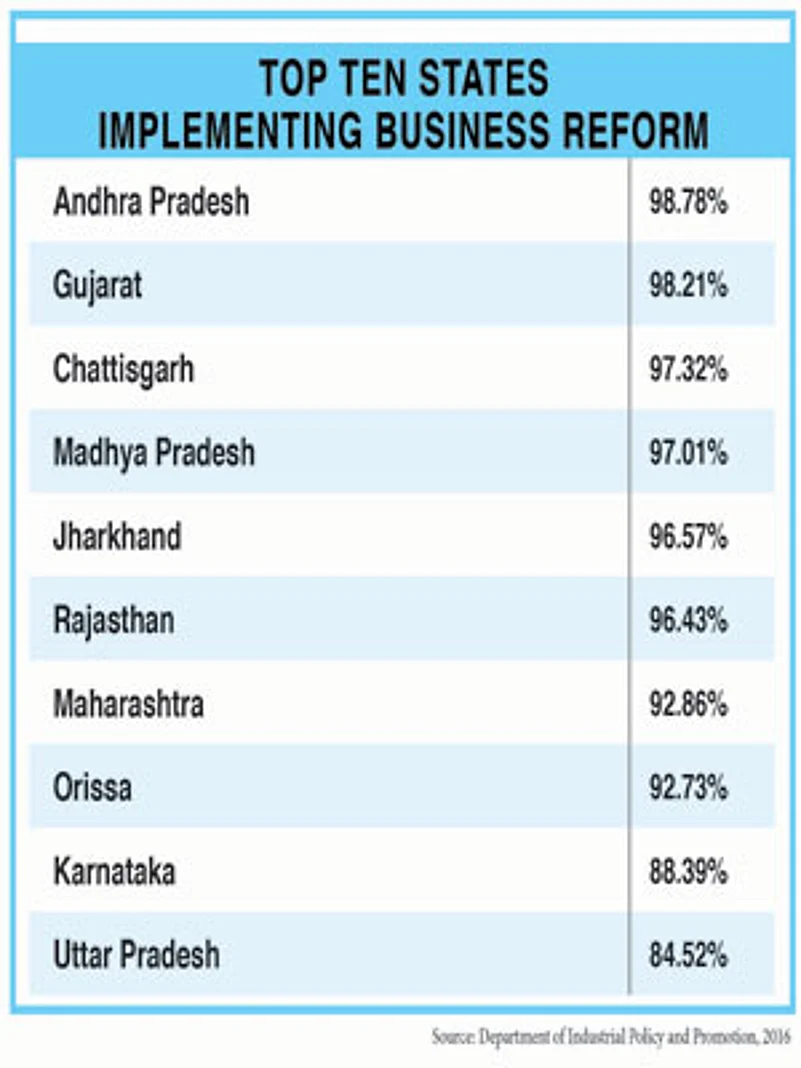The current government’s goal to create 120 million jobs in 24 sectors over 2015-2020 looks like a tough challenge as several factors have slowed down job creation. While only 135,000 jobs were created in 2015, demonitisation led to big job losses in the informal sector. The government have taken steps in the last couple of years to make changes in the Apprenticeship Act, Factories Act and Labour Laws Act, but these changes have not been substantial and do not address the core of the problem. A recent labour law report by TeamLease states that to kick-start the job creation engine the government must immediately overhaul the most regressive labour laws in India, such as Trade Union Act, Industrial Disputes Act and Contract Labour Act.
Says Sonal Arora, Vice President, TeamLease Services, “Country’s labour laws have remained dysfunctional, disharmonised, protracted and overreaching. These multiplicity of rules and procedural delays impose unreasonable legislations and transaction cost on businesses.”
The manufacturing and its allied sectors are most impacted by regressive labour laws. Textiles and garments, automobile and leather and footwear industries are also equally impacted. According to the report, single window clearance is the most commonly needed change across all states and it suggests structural reforms at three levels. The first is the abolition of archaic employment laws related to layoffs, retrenchment and contract labour, involuntary imposition of employee benefits and advance notice for change in service conditions. The second is rationalisation—the need to give advance notice for closure of a firm, multiplicity of unions, employment limits as per Factory Act, time limit for raising disputes and filing claims, payment of bonus as linked to productivity and requirement of strike notice. Lastly, unified definitions of the labour market entities and consolidation of registers, returns and notices are also required.
However, there is some positive news too. At least 32 state and union territory governments submitted evidence of implementation of over 7,000 reforms. A total of 6,069 reforms were approved and implemented. The national implementation average has increased from 32 per cent to 48.93 per cent. The result of the assessment demonstrates that states have increasingly risen to addressing the challenge of making it easier to do business.
Coming to the states, Gujarat tops the list of Indian states with the most demand supply surplus with Andhra Pradesh and Odisha having a big lead in the ease of setting up business. Maharashtra (87%), Madhya Pradesh and Gujarat (75 % each) lead on infrastructure, while Karnataka (99%) and Andhra Pradesh (90%) lead in tax compliance. Jharkhand and Chhattisgarh score 100 per cent on compliance and have a 5 percent demand-supply surplus each, but are the poorest (18%) on setting up business.

Regressive labour laws
47 central labour laws
200 state labour laws
About 145 rigid, overlapping and isolated acts
14 laws on social security and labour welfare
19 laws on work conditions and industrial relations































